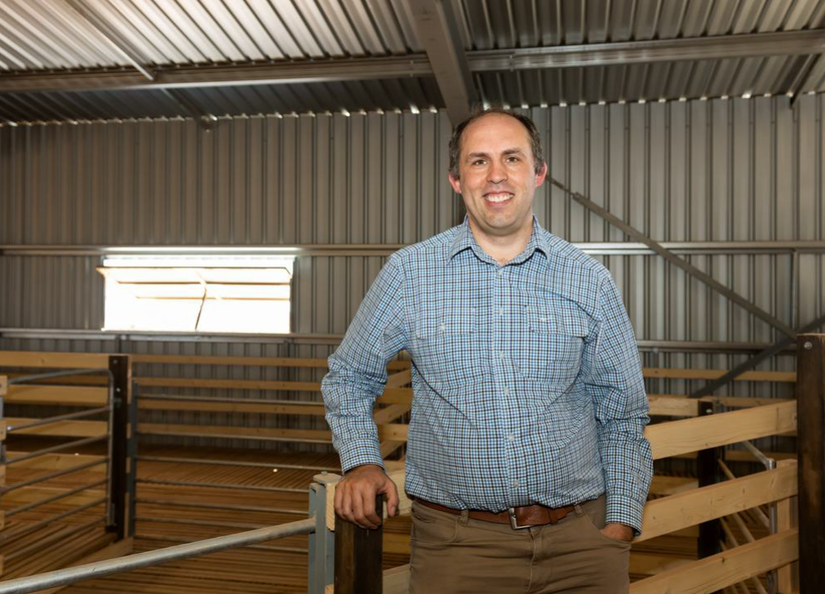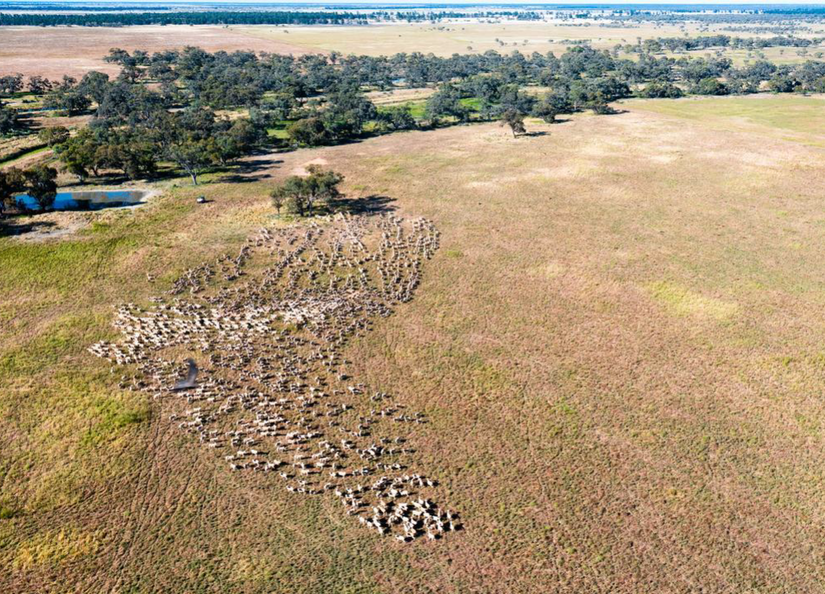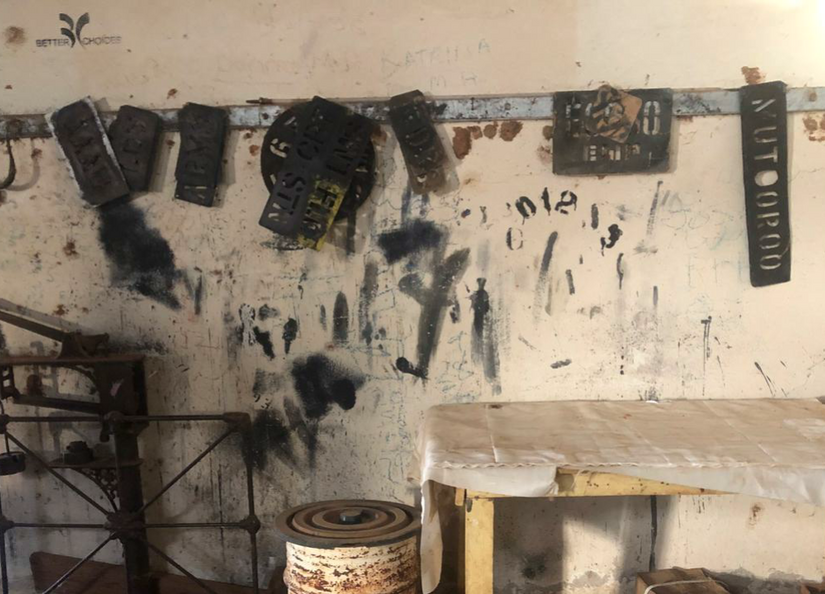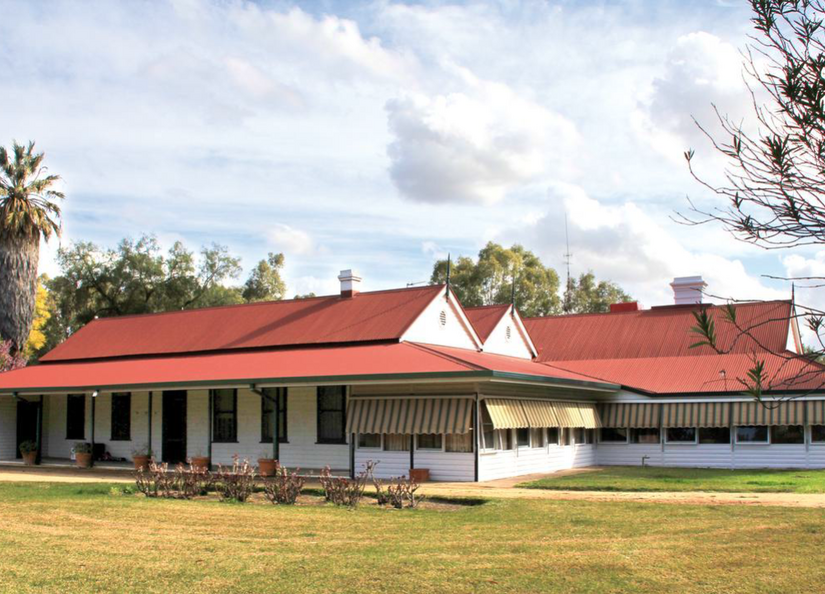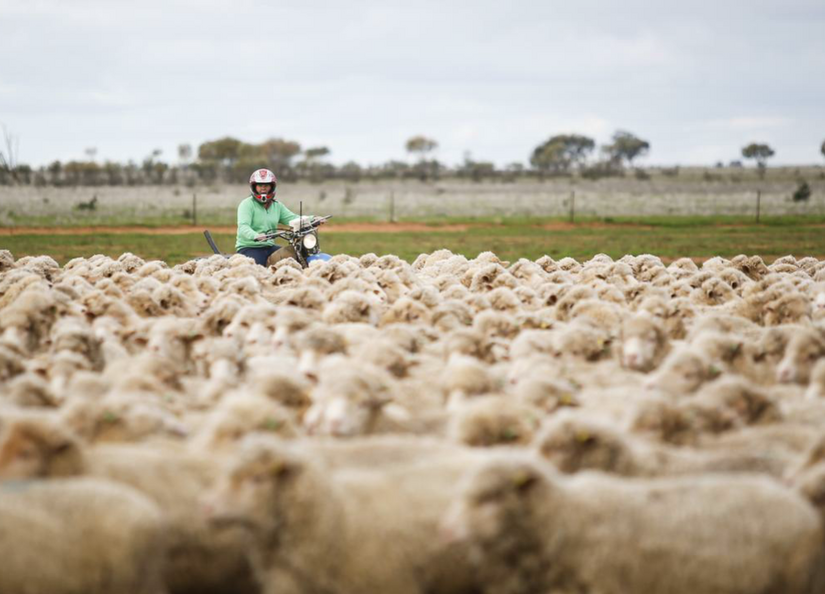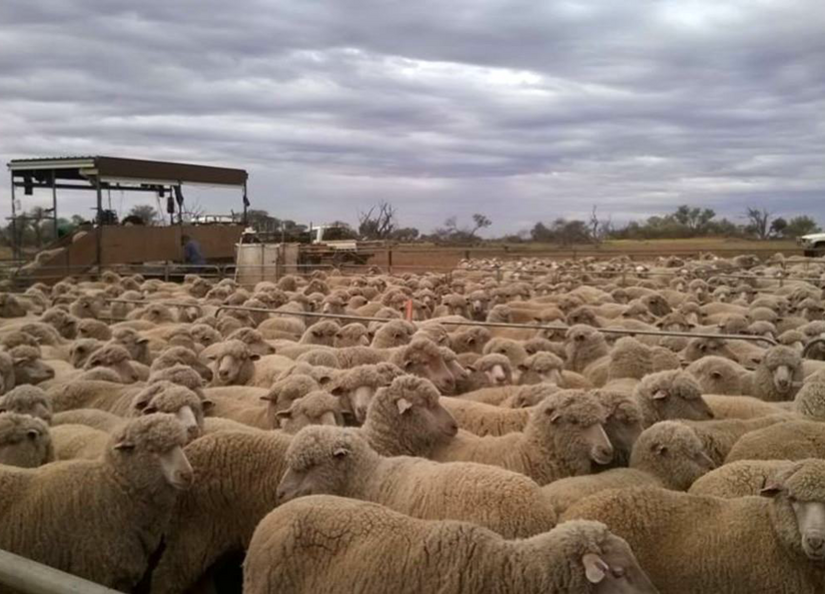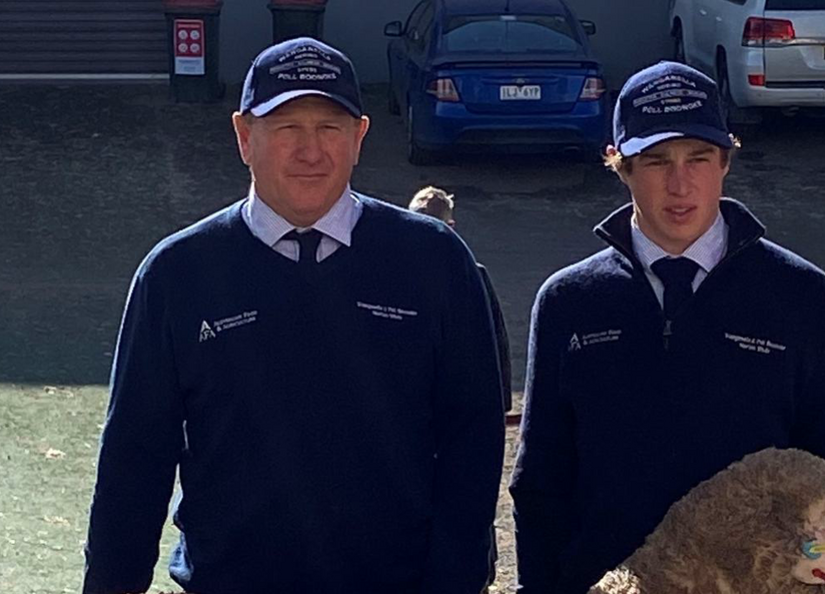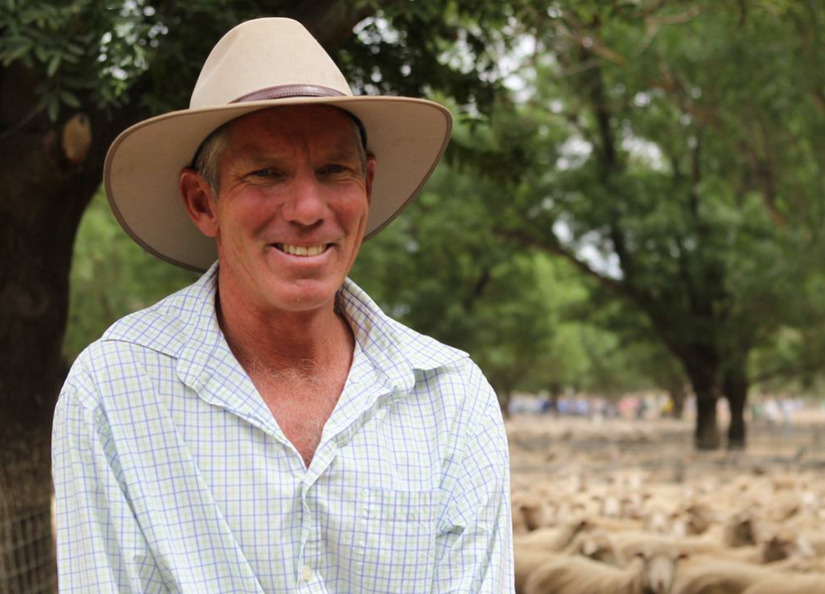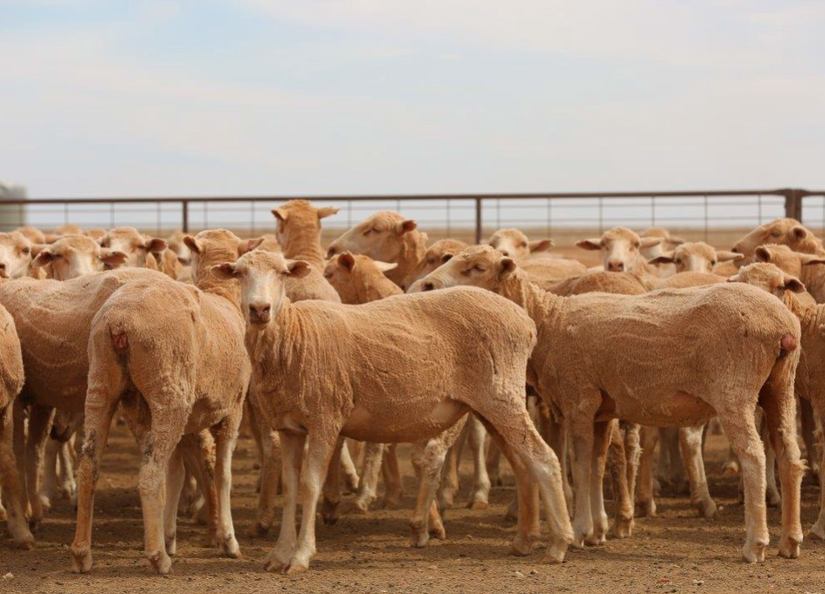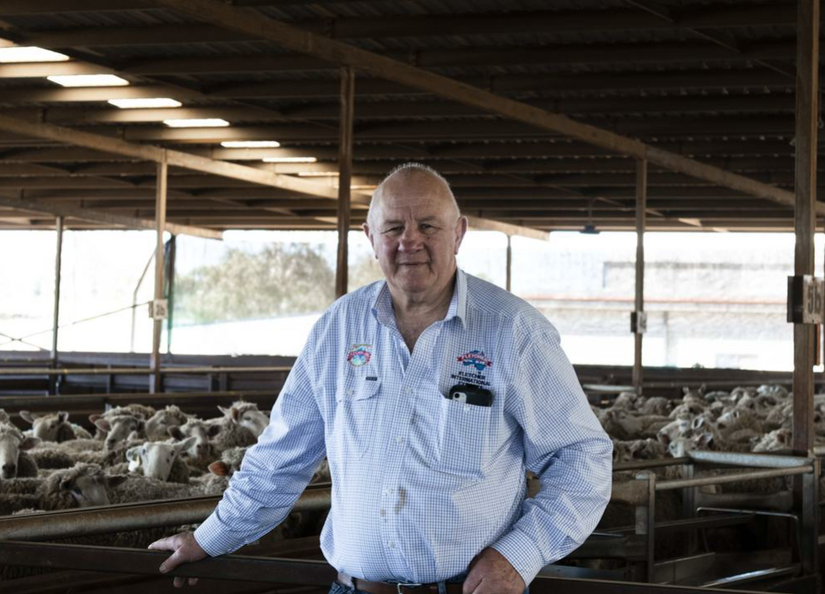Meet 10 of the biggest wool growers in Australia
Published in The Weekly Times on April 12, 2023
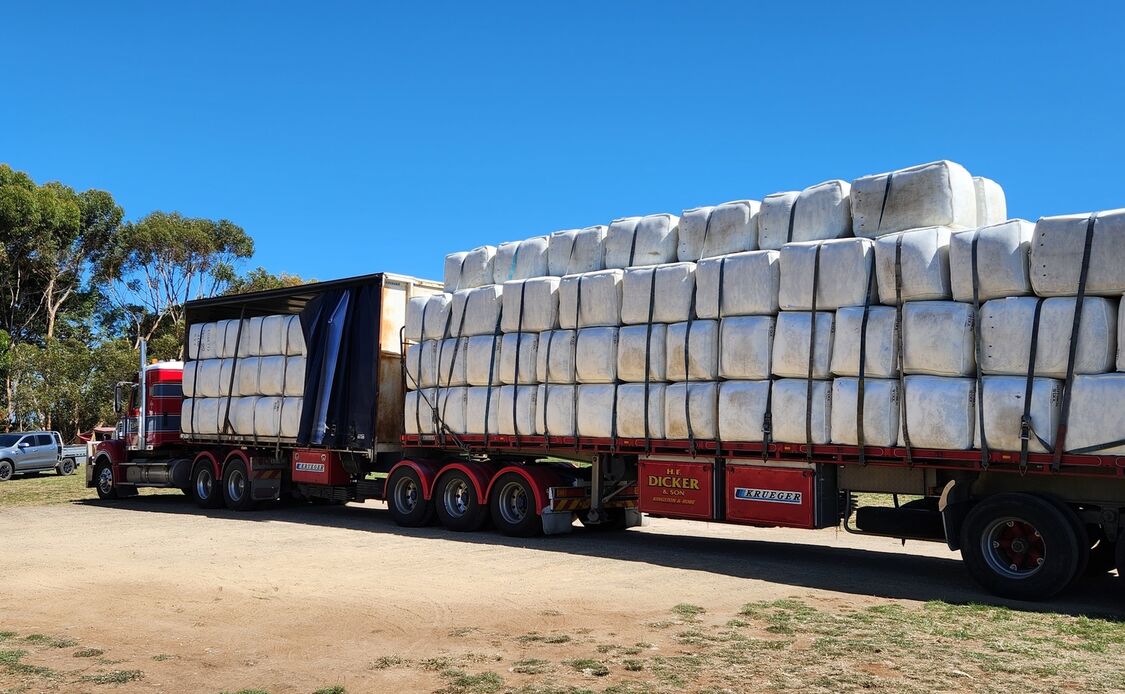
From the family behind Australia’s biggest sheep station to a meat industry icon, these are Australia’s top 10 wool growers — and the figures that make their business thrive.
Fiona Myers, April 12, 2023, The Weekly Times
The Weekly Times has named Australia’s top 10 wool growers, who combined run more than one million sheep across some of the nation’s most historic pastoral stations in South Australia, NSW, Victoria and Western Australia.
These major players in fibre production have weathered the storm of high and low prices over decades – and in some cases, centuries – showing true grit, determination and passion for an industry that dominates the global market producing 39 per cent of world exports.
McBride family, South Australia
A long-term commitment to wool growing is the hallmark of the McBride family, who tally their wool cut in tonnes rather than bales. The family has been growing wool since the 1850s, and it is the major commodity from the AJ and PA McBride Ltd company. In shearing more than 300,000 sheep and lambs a year, the company believes it puts them in the top five producers in Australia. The sheep are run both in pastoral country in northern South Australia, where the wool is about 20-21 micron, and in southeast South Australia, where it is finer at 17-19 micron. They also bought Telopea Downs in far western Victoria from the Qatar government-backed Hassad Australia. Company information shows a combined wool cut of 1442 tonnes of wool, or 1.4 million kilograms annually.
Paraway Pastoral Company, NSW
A relatively newcomer to the wool-growing world, Paraway Pastoral began its sheep journey when it bought the Pooginook Merino stud north of Jerilderie in 2007 and began steadily building up its sheep portfolio. It has sheep properties across the Riverina, central and southern NSW and Victoria, and owns the famous Toganmain Station, with its massive and historic woolshed made famous in Henry Lawson’s poem “Flash Jack from Gundagai”. Paraway has a flock of about 250,000 sheep, selling about 170,000 sheep a year, and cuts more than 1.4 million kilograms of wool a year.
Mutooroo Pastoral Company, South Australia
The quiet achiever of the wool-growing world is Mutooroo Pastoral Company, based west of Broken Hill, NSW, in the northern South Australia pastoral region. Mutooroo has five stations along the SA-NSW border – Mutooroo, Mulyungarie, Quinyambie, Lilydale and Manunda, which together total 2.1 million hectares. The company, run by the Morgan and Wells families, runs about 55,000 sheep but numbers are dictated by seasons and can be almost double this amount when seasons are good.
Willoway Grazing, southeast South Australia
Ben and Anthea Brinkworth and family have land stretching from Willalooka and across pastoral South Australia and northwest NSW to famous hallmark Merino station Uardry near Hay in Merino heartland, and grow an estimated 2000-3000 bales of wool.
TA Field Estates, NSW
The Field family has a long history with sheep, but has recently switched some focus away from wool to breed prime lambs. They, too, count their wool production not in cut per head but totals per property, with Aberfeldy, at Holbrook NSW, producing 375 bales of composite wool; Benangaroo, at Jugiong NSW, about 450 bales of Merino wool; Congi, at Walcha NSW, about 680 bales of Merino wool and flagship wool operation Wyvern, at Carrathool, about 1100 bales of wool.
Jumbuck Pastoral, South Australia
The McLachlan family holds the mantle for the biggest sheep station in Australia with the more than one million-hectare Rawlinna Station 400km east of Kalgoorlie, Western Australia. It is one of eight stations that run sheep for the company. With properties spread mostly across the pastoral areas of South Australia and one in the Riverina, Jumbuck runs about 234,000 Merino sheep.
Australian Food and Agriculture, Conargo NSW
Owned by the Bell family, Australian Food and Agriculture has a two-pronged stake in the wool industry, with major Merino studs and a large commercial flock. The company holds the genetics from some of the best known studs in the country in Boonoke, Poll Boonoke and Wanganella, on its Conargo-based country, but also runs sheep throughout the Riverina. In all, Australian Food and Agriculture has joined about 74,000 ewes this year for the 2023 lambing, and cut 4319 bales of wool last year.
Banyandah Pastoral, Moulamein NSW
The Shippen family has spread its base for its wool-growing enterprise from its initial production hub at Moulamein in the western Riverina to the famed Western District property Mt Fyans as well as country at Wagga Wagga. While prime lambs are now part of the operation, the Shippens are unashamedly wool fans and produce between 3500 and 3800 bales a year, from about 75,000 Merino ewes, up to 15,000 Merino wethers and 10,000 crossbred ewes.
CC Cooper and Co, South Australia
The Cooper family’s wool growing is spread almost from one end of the country to the other and that is deliberate according to managing director Dr David Cooper. Together with his brother Tom, they run six properties where sheep sit alongside cropping and haymaking. Since 2005, the Cooper family has spread its wings from its Jamestown base to buy Wonga Station at Broken Hill NSW, Narrung on the Coorong and Madura Plains and Coorabie on the South Australia-Western Australia border, and Broughton Vale Station at Little Topar NSW. While the operations are in build up mode after drought, they are still running at least 50,000 sheep.
Roger Fletcher, Condobolin NSW and Lightning Ridge NSW
A leading figure in Australia’s sheep meat industry is also more than making his mark on the wool world. With an estimated 25,000 Merino ewes at Lighting Ridge and about 20,000 at Kiagathur at Condoblin NSW, Roger Fletcher has plenty of breeding numbers, let alone the sheep he trades before feeding into his processing facility in Dubbo NSW.
